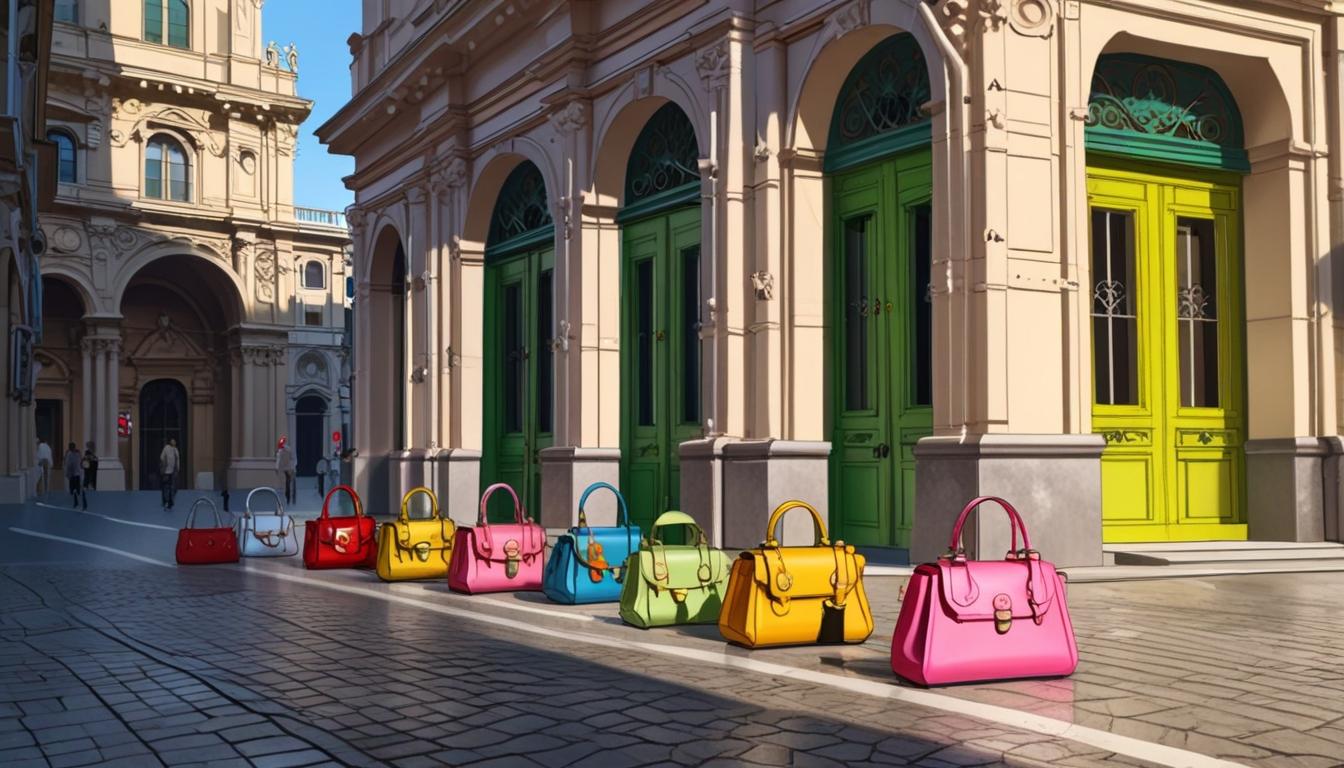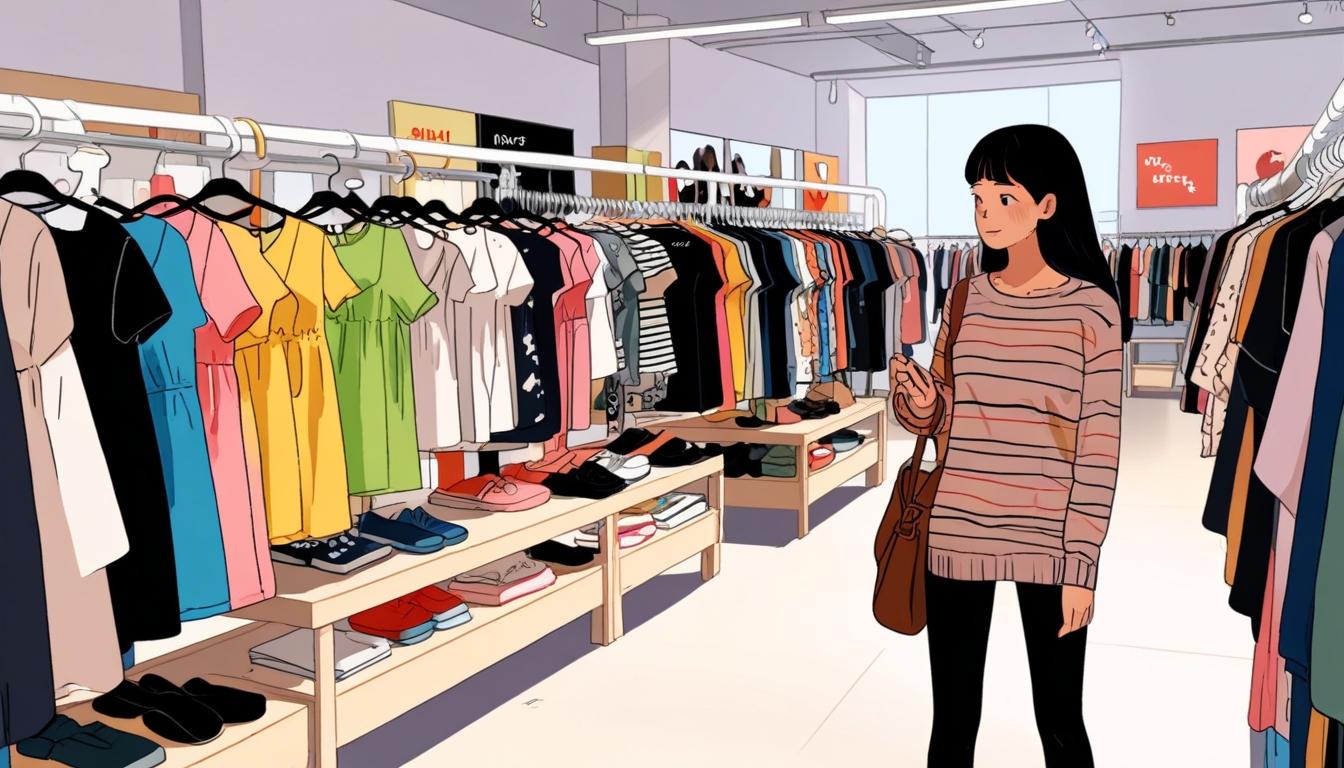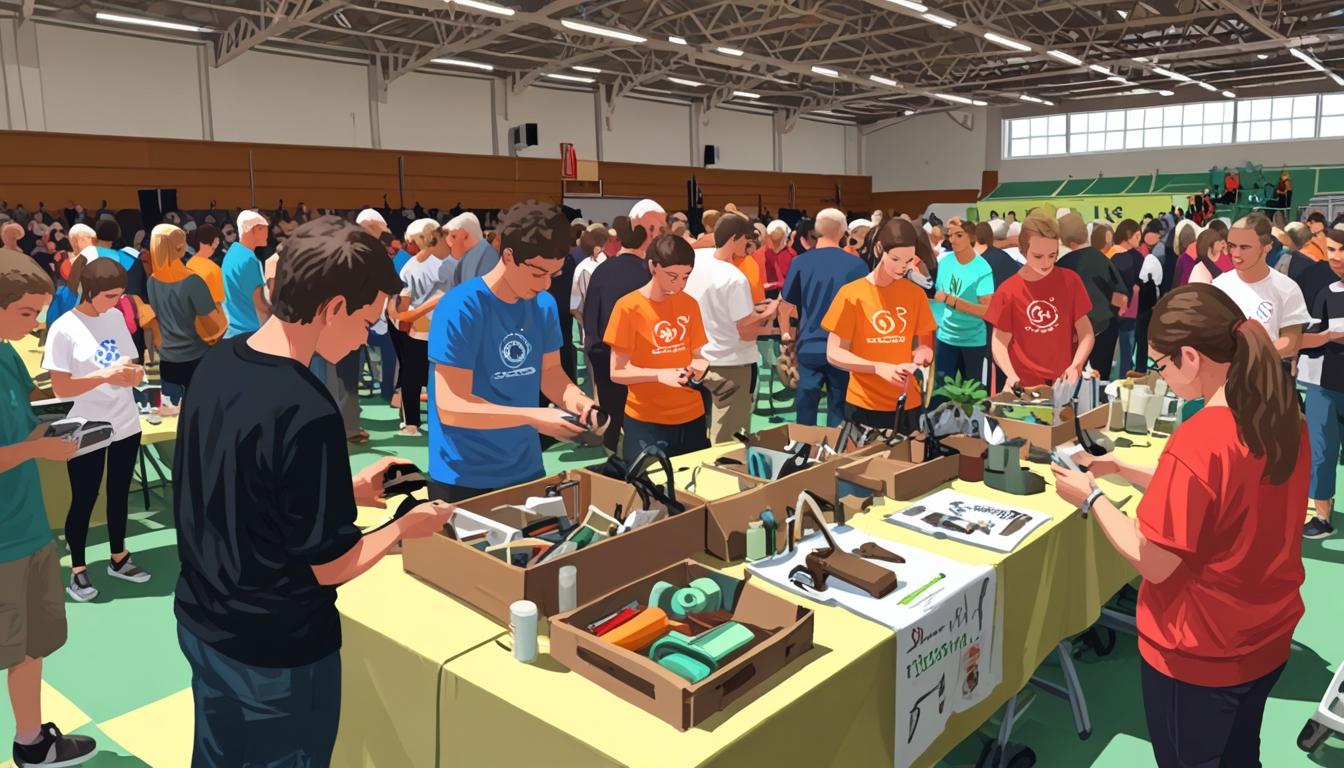The BigBag initiative, spearheaded by Alessandra Pellegrini, transforms handbags into symbols of social change through creative reuse and ethical production in Milan.
In Milan, the intersection of fashion, culture, and social responsibility has taken a prominent form through the project BigBag, led by entrepreneur Alessandra Pellegrini. The initiative was recently unveiled at the Biblioteca Braidense in Milan, illustrating the synergistic relationship between cultural engagement and fashion.
BigBag aims to transform the traditional concept of a handbag from mere accessory to a symbol of social change. Pellegrini’s vision integrates ethics, sustainability, social inclusion, and aesthetic appeal, fundamentally redefining how consumers view fashion. Speaking to Il Giornale, Pellegrini emphasized the role of handbags as vessels of identity and culture, stating, “Brera is a powerful symbol of Italian culture, a place where beauty dialogues with history and thought.”
The project is rooted in the creative reuse of materials, starting with iconic blue IKEA bags, which have evolved over time into design statements. It incorporates excess fabrics from the luxury textile and furniture sectors, transforming these potential waste items into high-quality bags crafted with Italian artisanal expertise. The production process involves social cooperatives that provide employment opportunities to individuals facing various challenges, epitomizing an economic model that prioritizes both environmental and social responsibility.
BigBag’s debut capsule collection honors two emblematic landmarks of Milan: the Pinacoteca di Brera and the Duomo. Each bag design draws inspiration from distinctive aesthetic elements of these sites, bridging the worlds of art and fashion. The collection is designed to highlight cultural significance while maintaining functionality, featuring a bottom made from recycled plastic and dual handles for enhanced usability.
BigBag products are available for purchase in prominent locations, including the bookshops at Pinacoteca di Brera, Palazzo Citterio, and the Duomo Shop, as well as online, expanding the reach of its message of beauty and awareness beyond the confines of Milan. The project’s recognition and integration within events such as the Fuorisalone and Design Week further underscore its cultural relevance.
Nicolò Favaretto Rubelli, CEO of Rubelli, expressed enthusiasm about the project, noting that the fabrics previously discarded can now be revived and have a new life, traveling worldwide as oversized bags that carry a sustainable message. The collaboration with esteemed partners like Rubelli and the ethical supply chain organization Ethicarei adds credibility and depth to the initiative.
As a manifestation of an entrepreneurial vision, BigBag encapsulates the belief that fashion can be both luxurious and responsible. Micaela Le Divelec of Ethicarei articulates this forward-thinking approach, stating, “Together we want to create not only bags but also a more sustainable and inclusive future.” The ambition behind BigBag positions it as a noteworthy development in the realm of fashion, merging craftsmanship, circular economy principles, and social commitment.
Source: Noah Wire Services





vsve4c
e9hr0x
sabw0m
91ai7d
y3d8j5
5bed9b
olpv19
qrstua
hy66vk
nv6osd
nv6osd
lq1jow
quy4m5
lk7mzq
ylmk6m
dlnibf
03yl7y